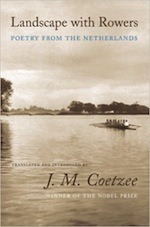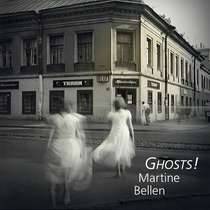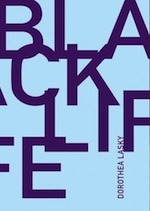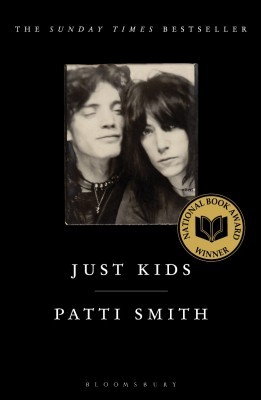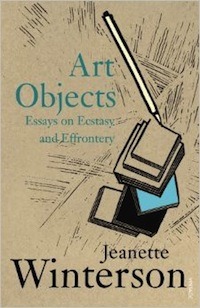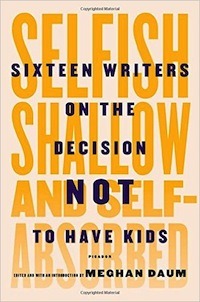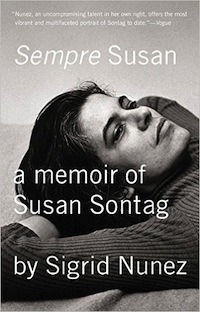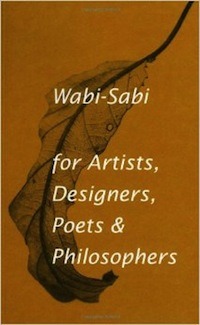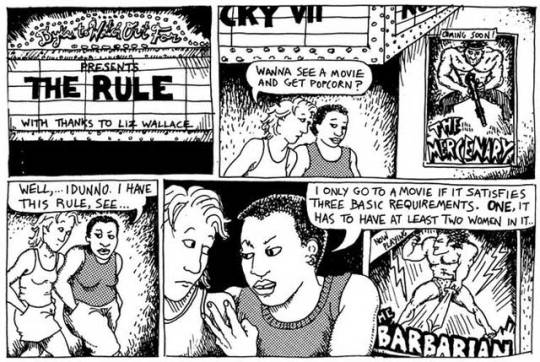Writing is an act of pride. I’ve always known that, and so for a long time I hid the fact that I was writing, especially from the people I loved. I was afraid of exposing myself and of others’ disapproval. Jane Austen organized herself so that she could immediately hide her pages if someone came into the room where she had taken refuge. It’s a reaction I’m familiar with: you’re ashamed of your presumptuousness, because there is nothing that can justify it, not even success. However I state it, the fact remains that I have assumed the right to imprison others in what I seem to see, feel, think, imagine, and know. Is it a task? A mission? A vocation? Who called on me, who assigned me that task and that mission? A god? A people? A social class? A party? The culture industry? The lowly, the disinherited, the lost causes? The entire human race? The elusive subject that is women? My mother, my female friends? No—by now it’s blindingly obvious that I alone authorized myself. I assigned myself, for motives that are obscure even to me, the job of describing what I know of my era, that is—in its simplest form—what happened under my nose, that is to say the life, the dreams, the fantasies, the languages of a narrow group of people and events, within a restricted space, in an unimportant language made even less important by the use I make of it. One tends to say: let’s not overdo it, it’s only a job. It may be that things are like that now. Things change, and the verbal vestments in which we wrap them change. But pride remains. I remain, I who spend a large part of my day reading and writing, because I have assigned myself the task of describing. And I cannot soothe myself by saying: it’s a job. When did I ever consider writing a job? I’ve never written to earn a living. I write to bear witness to the fact that I have lived and have sought a yardstick for myself and for others, since those others couldn’t or didn’t know how or didn’t want to do it. What is this if not pride? And what does it imply if not “You don’t know how to see me and see yourselves, but I see myself and I see you”? No, there is no way around it. The only possibility is to learn to put the “I” into perspective, to pour it into the work and then go away, to consider writing something that separates from us the moment it’s complete: one of the many collateral effects of an active life.
From this excerpt, published in the New Yorker.


